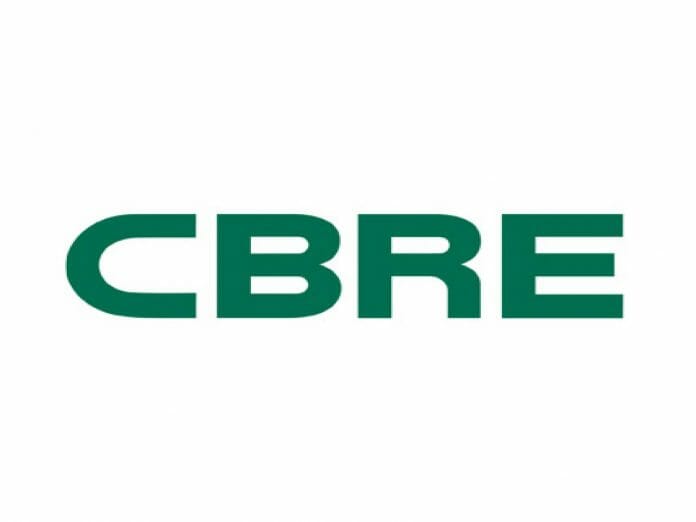CBRE Research’s latest report, Viewpoint: New Buying Opportunities Whet Investor Appetite has shown that while new acquisition opportunities have arisen as a result of the upending of real estate fundamentals and a broader economic reset, investors will have to adopt different strategies from the past.
“As investors take on a more conservative approach, stable income flows generated by assets in gateway cities will be preferred. The continuous low interest rate environment will underpin demand for prime commercial real estate,” said Dr Henry Chin, Head of Research, APAC/EMEA.
Investors in the region are also encouraged to seek opportunities in the logistics sector, which is one of the favored institutional asset classes due to the structural shift towards e-commerce, spurring demand for additional warehousing space.
“The pandemic caused unprecedented disorder in supply chains everywhere, and uncovered flaws in traditional practices such as keeping lean inventory levels. Going forward, we expect manufacturers to keep more stock and reduce the distance between inventory and consumption points. This will translate into an uptick in warehouse demand near where consumers are,” said Dr Chin.
CBRE is also seeing many REITs trading at a discount to their Net Asset Value (NAV), with some retail and hotel REITs listed in Australia, Japan and Singapore priced at a NAV discount of 50 percent or more.
“While the scope for privatisation is limited, investors can still pursue platform acquisitions from office or diversified REITs, many of which are trading at 15% to 30% NAV discounts,” said CBRE Research.
“Our clients are commenting on the discounts offered by REITs relative to their NAV and the physical market. Investors may acquire an equity stake in listed companies to realise an immediate discount not otherwise achieved through direct real estate transactions,” highlighted CBRE’s Head of Capital Markets, Greg Hyland.
Additionally, sale and leaseback deals accounted for 8.6 percent of Asia Pacific commercial real estate investment volume in the first five months of 2020, an increase on the 1.4 percent recorded for 2019.
Around 20 percent of firms across various industries listed in Asia Pacific are also reported to potentially face financial constraints while real estate, energy, industrial manufacturing, retail and hospitality industries will see a higher proportion of company face liquidity pressure.
“When liquidity is at a premium, businesses may look to sell down assets to meet any near-term requirements. Despite the unprecedented support governments have provided, the economic fallout from Covid-19 should see companies increasing sale and leaseback offerings,” noted Hyland.
CBRE Research also stated that real estate debt will be a key investment channel for more seasoned investors as weaker rental projection will erode valuations, resulting in driving investors towards credit markets.
Conservative bank lenders will look to tighten the proportion of senior lending in the capital stack, creating opportunities for mezzanine financing in markets like Australia.
In Mainland China, public developers are still faced with some $137 billion of corporate bonds which will need refinancing. Meanwhile in India, delays in construction are affecting cash flows and creating demand for similar refinancing needs through additional debt.









